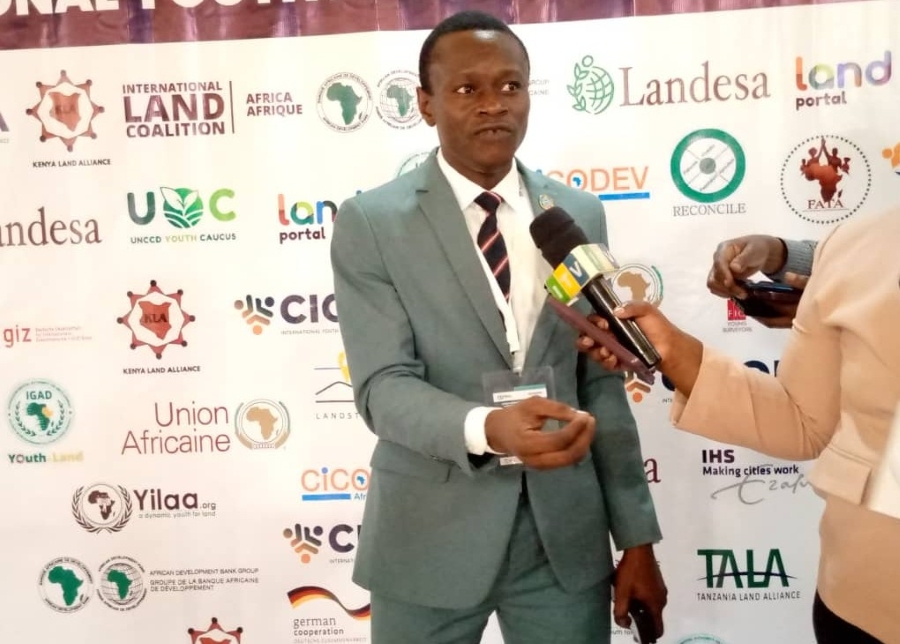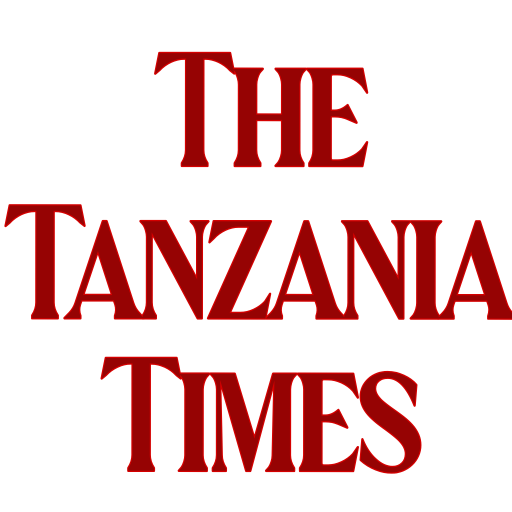Tanzania and DR Congo are among the four Countries undergoing studies on land ownership among the youth in Africa
By Marc Nkwame
Tanzania is among the four African countries to be covered under the pilot study launched to research the issue of land ownership among young people in Africa.
The Youth Initiative for Land in Africa is setting out to conduct extensive research on land issues related to young people on the continent.
The Executive Director of Youth Initiative for Land in Africa (YILAA), Innocent Antoine Houedji, reveals here that the pilot study to that effect will be pioneered in Benin, DR Congo, Senegal and Tanzania at the total cost of USD 400,000 translating into USD 100,000 per country.
“But without research we may not have the right to speak, therefore the initiative is embarking on proper research on the issue of youth related land problems and statuses on the continent,” explained Houedji.
Speaking at the Fourth International Youth and Land Governance Conference in Africa (CIGOFA4) taking place in Arusha, Tanzania, the YILAA official said that was among the topics discussed at the meeting.
The forum which has attracted over 500 participants aims at empowering young people by providing a dynamic platform for dialogue, knowledge-sharing, and collaboration on vital issues related to land rights, climate justice, and sustainable development.
As for the planned study, Houedji explained that the research targets four categories, including how much the youth understands their rights to land ownership and how much they realize the importance of owning land as well as the role that land plays in the economy.
Also, according to the YILAA executive, the research will find out how much the youth know where to get and secure their own land.
The project will be supported by among other institutions, the International Land Coalition, the Global Land Alliance the African Union (AU), the German Agency for International Development (GIZ), the International Land Coalition and the FIG Young Surveyors Network.

However, while stakeholders are fighting for the rights of youth to possess their own pieces of land, there are some challenges on the side of young people themselves.
“For instance, many youth in villages after realizing that they have no access to land they just give up and move to towns thus fuelling cases of Rural Urban Migration,” pointed out the Resident Director of Youth Initiative for Land in Africa (YILAA) in Tanzania, Augustine Nyakatoma.
“But while others lack access to land, there are those who can acquire such properties, either from inheritance or other sources, but are unaware of the value of their importance, thus again ending up selling the land and before moving onto urban areas, dreaming of better lives there,” said Nyakatoma.
“Tanzania is among the African countries facing a series of land related conflicts,” said Benard Baha the National Coordinator of Tanzania Land Alliance and the National Land Coalition on Land Governance Platform facilitator in Tanzania.
On her part, Theresia Charles from Kiteto District in Manyara Region of Tanzania reminds that while the move to empower the youth to start owning land, women are still being left out in the mission.
“In Tanzania there are policies safeguarding women land ownership but it does not take into consideration young ladies only older once and mostly from inheritance,” she said, advising that the mission for youth should apply to both male and females.
The Deputy Commissioner of Land in Tanzania, Wilson Luge who graced the meeting said the country is in the process of surveying land to come up with proper land-use plans especially now that the population is shooting up against non-expanding areas.
“The number of people on the mainland has reached 59 million which means if the country’s land was to be divided among the residents each person stands to get just 1.5 hectares,” said Luge.
Apparently, the size of Tanzania land minus the areas covered by water is 885,800 Square Kilometers.
Meanwhile some of the topics that were discussed at the meeting include that of existing opportunities provided by the legal and policy framework, and strategies implemented by the government for women and youth to access land, the achievements and remaining challenges.
Dr Janet Edeme from the African Commission’s Department of Agriculture Rural Development, Sustainable Environment and Blue Economy African Union, who tabled the issue of the African Union’s land governance strategy.
Marealle Maria Saguti, of the African Development Bank (AfDB) presented a paper on Strategic Land Use Planning: A Pathway to Enhancing Land Rights for African Youth.
On the other hand, Laureen Ongesa, Co-chairperson of the Youth and Land Multi-stakeholder Platform in Africa (YLMPA) spoke on the contribution of youth-focused instruments and mechanisms for youth-centred land governance, citing the case of the African Youth Charter.
Participants in attendance include representatives from governments, civil society, development partners, academics, and youth leaders. The meeting has also gathered marginalized youth and traditional elders.
The conference taking place at the Mount Meru Hotel is co-organized by the Youth Initiative for Land in Africa (YILAA) in collaboration with the African Union (AU), the German Agency for International Development (GIZ) and the International Land Coalition.
Other collaborators include the FIG Young Surveyors Network, which is the premier international organization representing the interests of surveyors worldwide, there is also the global organization that works with governments and civil society to strengthen land rights for rural communities in Africa and Asia (LANDESA), the Tanzania Land Alliance (TALA) and the International Land Coalition (ILC).
While the main theme is ‘Acceleration of Youth Land Rights,’ the guiding topic addresses the issue of Advancing Youth Land Rights in Africa and Helping Young People Build a Better Future.
Other objectives of the Fourth International Youth and Land Governance Conference include in Empowering the Youth: Emphasizing the critical role of youth in achieving the Sustainable Development Goals (SDGs) and the African Union’s Agenda 2063.
According to the African Union’s Youth Development Report, the continent has the youngest population in the world with more than 400 million young people aged between the ages of 15 to 35 years.
But 55 percent of the young people in Africa live in rural areas facing serious cases of unemployment with the majority being steeped in poverty though they could be empowered economically through the available land.



